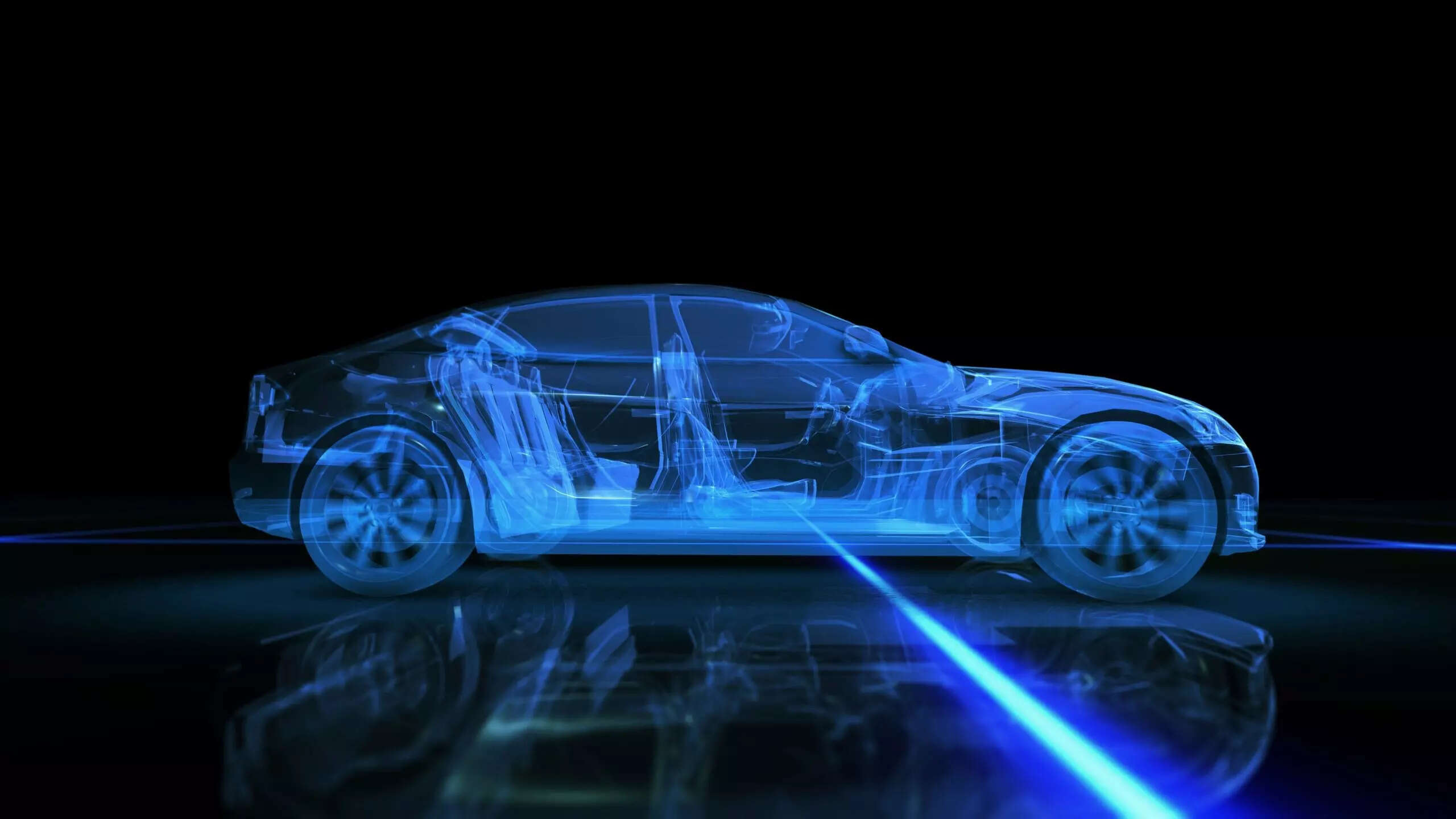
Chief Minister Arvind Kejriwal has termed Delhi as the “EV (electric vehicle) capital of India” as electric vehicles accounted for the second-most bought type of vehicles in the capital in the September-November quarter.
The Transport Department said EV sales were six times higher in Delhi than in the rest of the country. The share of of EVs in Delhi has risen to 9% in the quarter ending November 2021 as against the all-India average of 1.6%.
Just last month, the Delhi government had announced that cars older than 10 years will be allowed to ply in the capital only if owners can get their engines swapped with fully electric drivetrains. The Delhi government plans to empanel various EV conversion kit manufacturers to execute the conversions. In 2015, the environment protection body National Green Tribunal had ordered that all diesel vehicles registered in the state that are older than 10 years be banned. But, diesel car owners can now bypass this ban by retrofitting them with electric kits.
“Promoting ICE to EV conversion or retrofitment at scale is important and critical, not only because it supplements our country’s new EV production, but also because it helps in adding a new lease of life and performance to existing vehicles, and in the long run, can help companies to reduce their carbon footprint significantly,” said Deepak MV, Founder & CEO, Etrio, an electric vehicle start-up that builds new EV products and conevrts existing ICE vehicles into EVs.
What does the data suggest?
A total of 9,540 electric vehicles were sold in Delhi during September-November quarter. Of this, September saw sales of 2,873 EVs, while 3,275 EVs were sold in October and 3,392 in November. EVs have risen to the second position in automobile sales, after petrol vehicles (82,626 units sold).
EV vehicles have also surpassed popular choices like diesel and CNG significantly as only 7,820 CNG vehicles and 2,688 vehicles were sold from September to November. In the hybrid category, 3,918 petrol+CNG vehicles were sold, and 1,429 petrol + other hybrid variants were sold. The sales of CNG vehicles have fallen from 9.7% in September to 6.5% in November.
Delhi govt’s EV policy
The Delhi government notified its EV Policy on August 7, 2020 under which the government has set a target for EVs to account for 25% of sales by 2024. Delhi also became the first state in the country to fully exempt road tax and registration fees for all new EVs registered in the city.
Earlier this year the government floated a tender to build 100 public charging stations with 500 charging points at prominent locations. In the past two years, over 380 charging points have been set up across the city, the highest so far in India. Another 600 public charging points will be added by the middle of next year. Earlier this month, Select CITYWALK, partnered with Charge City to install electric vehicle charging stations at its shopping mall to support India’s shift to electric mobility and offer customers the facility of charging their electric vehicles as they shop.
The New Delhi Municipal Council (NDMC) will add 40 more electric charging stations, for two- and four-wheelers in areas like Netaji Nagar, Kali Mandir lane, Dr Abdul Kalam Road, Lodhi Estate, near Lodhi Garden, Sansad Marg, President’s Estate, Chanakyapuri, near Akashvani Bhawan, and Mandi House, taking the total number of stations under its jurisdiction to 100 in the next four months.
According to the state’s EV policy launched last year, Delhi offered subsidies on the first thousand electric cars bought in the national capital. The EVs received subsidy of Rs 10,000 per kWh of battery capacity, with benefits being capped at Rs 1.5 lakh per vehicle. However, in November 2021 the subsidies were withdrawn as the national capital has witnessed sharp rise in EV registrations over the past few months.
Since the electric car segment has now received the “required push” in Delhi, the government’s next agenda is to tap the two-wheeler, freight and public transport segments of electric vehicles (EVs).
The government has set up a strong database with details of network of stations for EV charging, list of approved car dealers as well as approved models on its website. It also intends to have 300 electric buses running in Delhi by January 2022.
The growth opportunity
According to an independent study by CEEW Centre for Energy Finance (CEEW-CEF), the EV market in India will be a $$206 billion opportunity by 2030 if India maintains steady progress to meet its ambitious 2030 target. “EV sales present an investment opportunity of Rs 12,39,800 crore ($177 billion) for OEMs in vehicle production, Rs 20,600 crore ($2.9 billion) for the deployment of charging infrastructure, Rs 85,900 crore ($12.3 billion) in battery manufacturing and Rs 14,42, 400 crore ($206 billion) revenue opportunity from end-consumers, it said.
Also Read:

